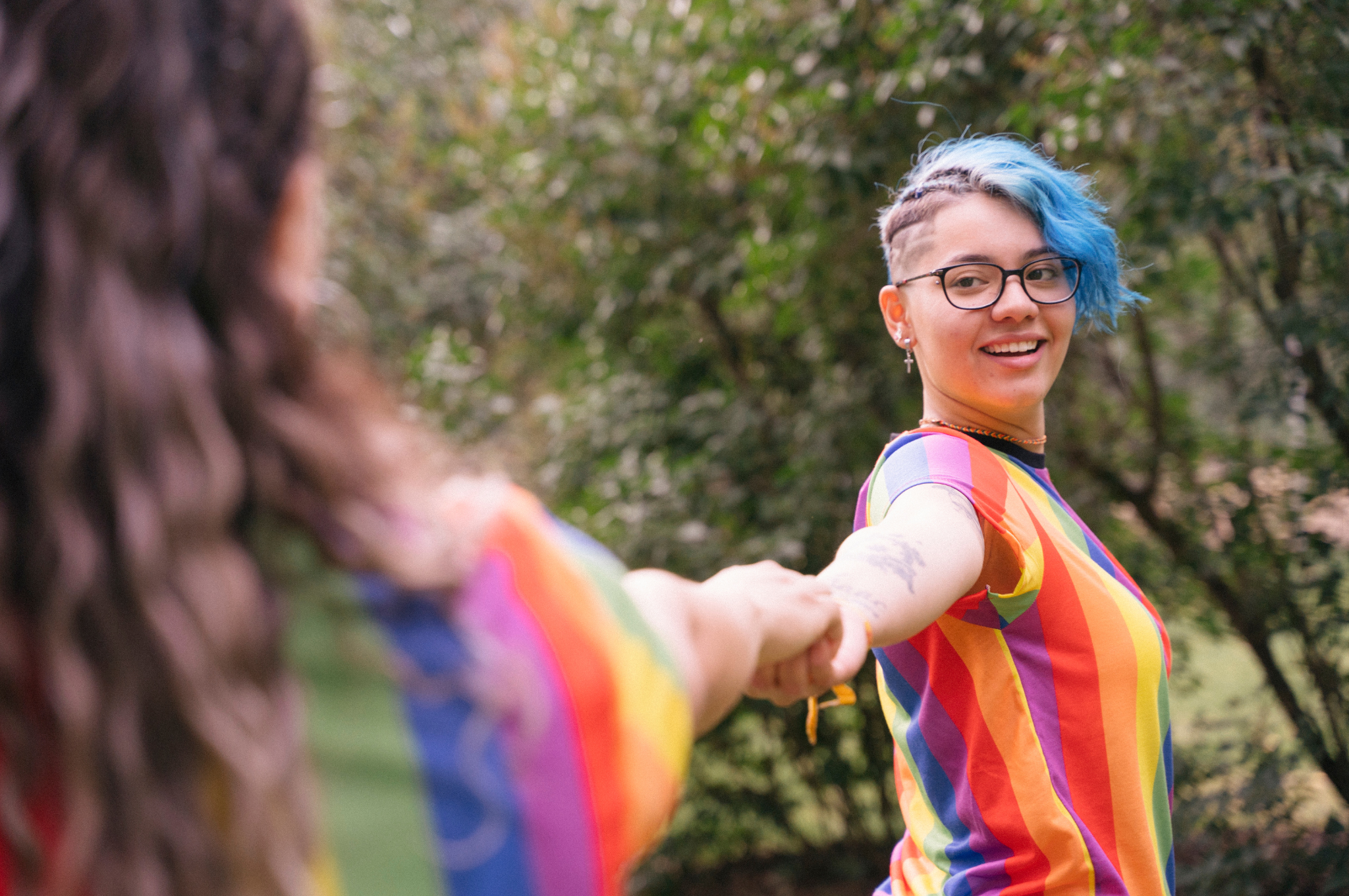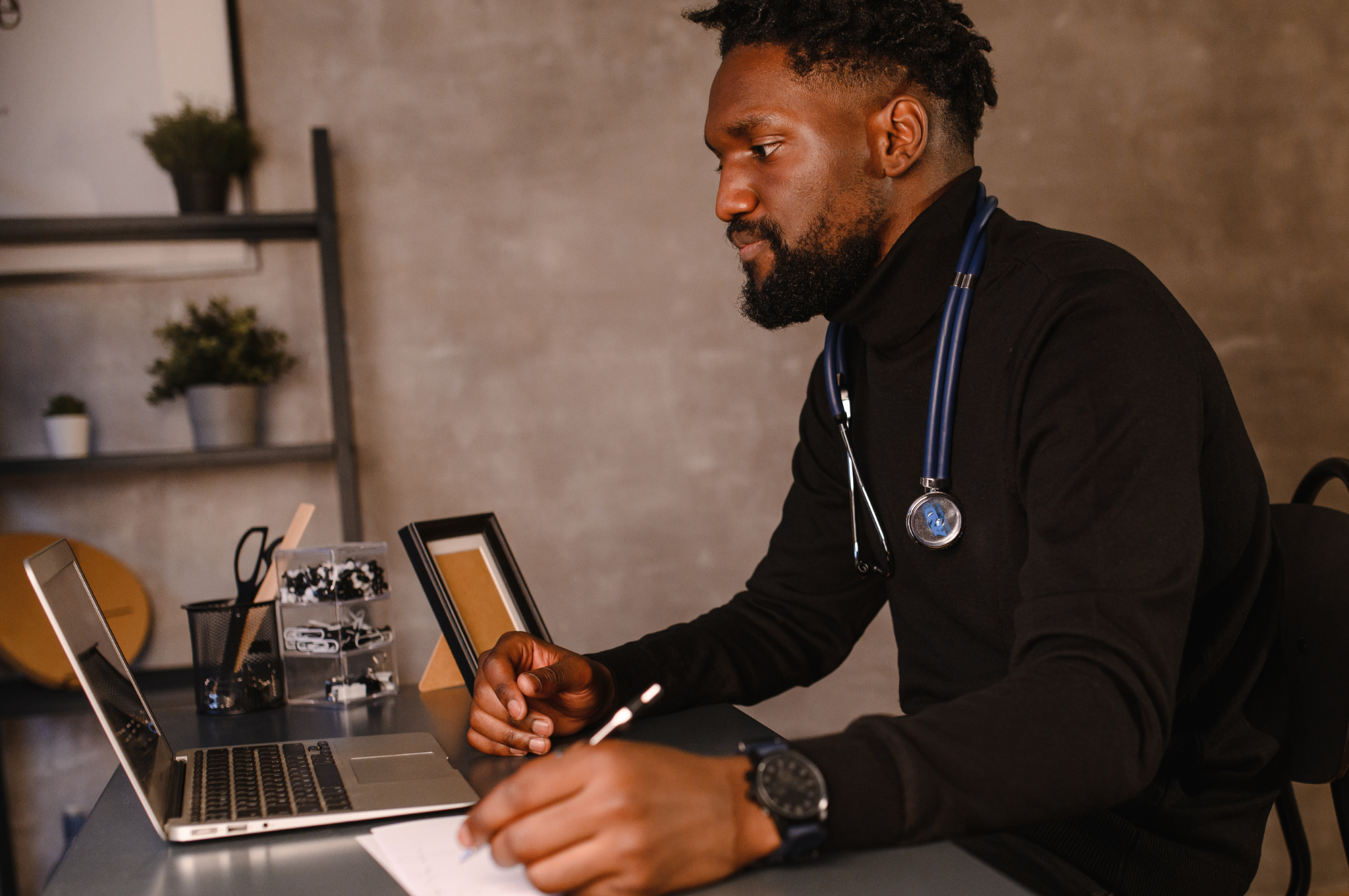
LGBTQIA+ couples counselling: 7 ways it can transform your relationship
Maintaining a healthy relationship is challenging for any couple, but LGBTQIA+ partners often face unique obstacles that can add extra strain. From navigating societal prejudices to dealing with family acceptance issues, these additional stressors can take a toll on even the strongest relationships.
That’s where LGBTQIA+ couples counselling can support—offering tailored support to help you and your partner build a stronger, more resilient bond.
Mark Podesta, a registered psychologist specialising in LGBTQIA+ relationships, emphasises the importance of specialised counselling: “LGBTQIA+ couples often deal with unique challenges that traditional couples therapy may not adequately address. Having a counsellor who understands these nuances can make a world of difference in the therapeutic process and outcomes.”
Let’s explore seven ways LGBTQIA+ couples counselling can transform your relationship and help you build a stronger foundation together.
1. Addressing Relationship Challenges
LGBTQIA+ couples often face external pressures that can affect their relationship dynamics. These may include family rejection, workplace discrimination, or cultural or religious expectations. Couples counselling provides a safe space to discuss these issues and develop strategies to cope with them together.
Mark Podesta notes, “Many of my LGBTQIA+ clients come to therapy feeling overwhelmed by external stressors. We work together to build resilience and create a united front against these challenges.”
A 2022 study published in the Journal of Marital and Family Therapy found that LGBTQIA+ couples who received specialised counselling reported a 40% increase in relationship satisfaction and a 35% decrease in stress related to external pressures.
2. Improving Communication Skills
Effective communication is the foundation of any strong relationship. LGBTQIA+ couples counselling helps you and your partner develop tools to express yourselves more openly and navigate disagreements in a healthy way.
“Communication breakdowns are common in all relationships, but LGBTQIA+ couples may have additional layers to navigate, such as coming out experiences or gender transition,” explains Mark Podesta. “We focus on creating a safe space for honest, open dialogue.”
Communication Techniques You’ll Learn:
- Active listening skills
- “I” statements to express feelings without blame
- More expressive communication strategies
- How to discuss sensitive topics related to gender, coming out and sexuality
3. Navigating Identity and Coming Out Processes
For couples where one or both partners are in the process of exploring their identity or coming out, counselling can provide crucial support. It offers a safe space to discuss fears, expectations, and how these changes might affect the relationship.
Mark Podesta, a registered psychologist specialising in gender identity, shares: “Coming out or transitioning while in a relationship can be complex. Counselling can help couples navigate these changes together, ensuring both partners feel supported and heard.”
4. Addressing Internalised Homophobia or Transphobia
Internalised negative beliefs about one’s own or their partner’s LGBTQIA+ identity can create significant relationship strain. Couples counselling helps identify and work through these internalised biases, fostering greater self-acceptance and partner acceptance.
A 2021 study in the Journal of Homosexuality found that couples who addressed internalised homophobia in therapy reported a 50% improvement in relationship satisfaction and intimacy.
5. Strengthening Intimacy and Sexual Connection
LGBTQIA+ couples may face unique challenges in their sex lives, from body dysphoria to navigating open relationships. Couples counselling provides a judgement-free zone to discuss sexual concerns and work on strengthening physical and emotional intimacy.
Mark Podesta emphasises, “Healthy expression is crucial for relationship satisfaction. We work with couples to address any intimacy issues and celebrate their unique expressions of sexuality and gender.”
6. Building a Support Network
LGBTQIA+ couples counselling can help you identify and connect with supportive communities and resources. This network can provide ongoing support outside of therapy sessions.
“A strong support system is crucial for relationship resilience,” says Mark Podesta. “We often work with couples to find LGBTQIA+-friendly social groups, community organisations, and other resources that can provide additional support.”
7. Planning for the Future
Whether it’s discussing marriage, starting a family, or navigating legal challenges, LGBTQIA+ couples often face unique considerations when planning for the future. Counselling provides a structured environment to have these important conversations and make decisions together.
Mark Podesta shares, “Many couples find it helpful to discuss future plans in therapy. While not providing legal advice, we can provide information on legal considerations, family planning options, and strategies for navigating potential challenges.”
Conclusion: Investing in Your Relationship
LGBTQIA+ couples counselling isn’t just for relationships in crisis – it’s a valuable tool for any couple looking to strengthen their bond and build a healthier future together. By addressing unique challenges, improving communication, and fostering mutual understanding, counselling can help you and your partner create a more resilient and satisfying relationship.
Remember, seeking help is a sign of strength, not weakness. It shows your commitment to growing together and building a strong foundation for your future.
Take Action Today
Ready to invest in your relationship? Here are some steps you can take:
- Contact LGBTQIA+-affirming couples counsellors in your area
- Discuss the idea of counselling with your partner
- Check if your insurance covers couples therapy
- Consider online therapy options if in-person services are limited
- Prepare some goals or topics you’d like to address in therapy
View More Articles

Coming Out Counselling Guide – Embrace Your Authentic Self

Healing invisible wounds: How EMDR Therapy revolutionises trauma recovery

Break free from anxiety with Cognitive Behavioural Therapy (CBT)





